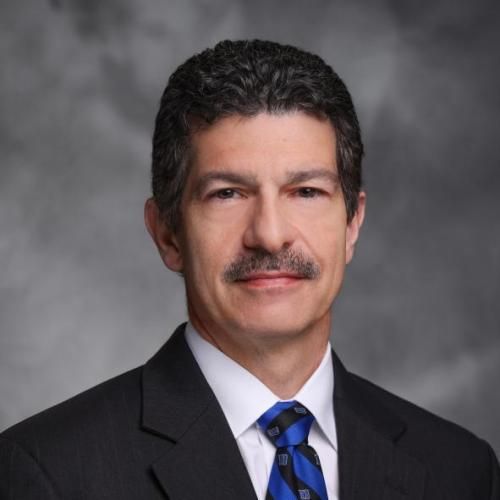Dendritic cell recovery following nonmyeloablative allogeneic stem cell transplants.
Nonmyeloablative allogeneic stem cell transplantation (NMSCT) may destroy some malignancies through a graft-versus-tumor (GVT) effect, but tumor relapse and viral reactivation remain challenges for which immunizations may be helpful. Dendritic cells (DC), particularly DC1 and ex vivo-cultured DC, induce antigen-specific immune responses following viral infections and anti-tumor immunizations. DC2 may be tolerogenic. We hypothesize that successful immunizations following NMSCT will require adequate numbers of functional DC1 or ex vivo-generated DC. We determined the number, phenotype, and function of blood DC1 and DC2 and ex vivo-generated DC obtained from donor-recipient pairs before and up to 90 days after NMSCT. Although the percentage and number of recipient blood Lin(-) HLA-DR(+) CD11c(+) DC1 following NMSCT (median 0.46%, IQR 0.33-0.52%) was lower than donor DC1 (median 0.94%, IQR 0.40-2.2%) this was not significant. In contrast, the percentage and absolute number of blood Lin(-) HLA-DR(+) CD11c(-) CD123(+) DC2 was significantly decreased following the transplant (median 0.01% IQR 0.01-0.01% at day 60 compared with median 0.14%, IQR 0.10-0.38% for the donor before transplantation, p < 0.05). The yield (median 6.0%, IQR 5.5-8.5%) and allostimulatory function of ex vivo-generated DC did not differ significantly at any time point. The donor chimerism of blood and cultured DC reflected that of the overall white blood cells. Ex vivo-generated, donor DC loaded with cytomegalovirus (CMV) antigens were capable of stimulating a CMV-specific immune response in vitro within peripheral blood mononuclear cells of a patient following NMSCT. We conclude that blood DC numbers may be diminished following NMSCT transplant, but that DC1 recovery exceeds DC2 and functional DC may be generated from peripheral blood progenitors at all time points suggesting a possible use in immunization strategies.
Duke Scholars
Published In
DOI
ISSN
Publication Date
Volume
Issue
Start / End Page
Location
Related Subject Headings
- Vidarabine
- Transplantation, Homologous
- Transplantation Chimera
- Time Factors
- Stem Cell Transplantation
- Neoplasms
- Myelodysplastic Syndromes
- Immunology
- Humans
- Hematopoietic Stem Cells
Citation
Published In
DOI
ISSN
Publication Date
Volume
Issue
Start / End Page
Location
Related Subject Headings
- Vidarabine
- Transplantation, Homologous
- Transplantation Chimera
- Time Factors
- Stem Cell Transplantation
- Neoplasms
- Myelodysplastic Syndromes
- Immunology
- Humans
- Hematopoietic Stem Cells





